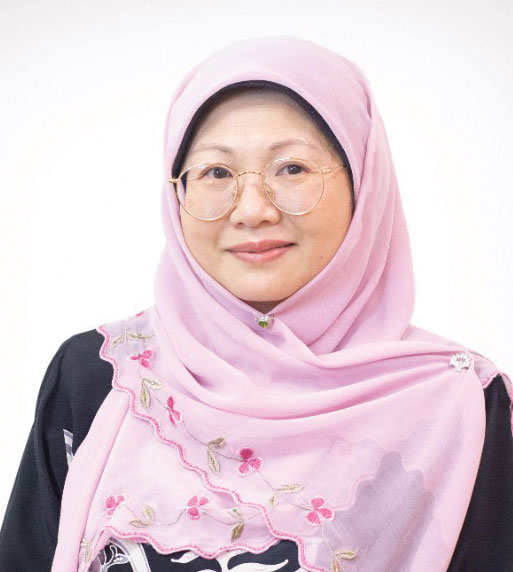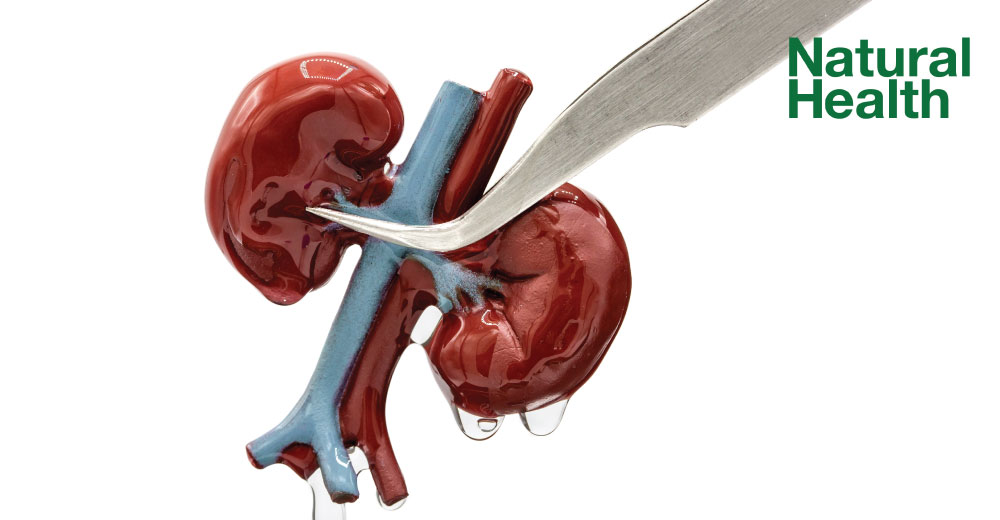While the number of Covid-19 cases in Malaysia has been going down recently, it was not too long ago that our healthcare system was in crisis due to the overwhelming number of such patients who required hospitalisation, particularly those who needed ICU care and ventilation. This was not only worrying because of the lives at stake, but also because of the finite resources we have at hand.
The Covid-19 pandemic has not meant that other diseases, both chronic and acute, have stopped occurring. However, the healthcare emergency caused by the SARS-CoV-2 virus that results in Covid-19 meant that hospital beds, equipment and healthcare personnel were prioritised to handle the pandemic, leaving fewer resources available for other patients, including those suffering from end-stage kidney disease (ESKD).
ESKD is the end result of chronic kidney disease (CKD). CKD is the gradual loss of kidney function over time. The two kidneys in our body are responsible for filtering waste products and excess water from our blood, which then form urine that is disposed of from our body through our bladder. Damage to our kidneys means that these waste products and excess water can build up to potentially dangerous levels. If CKD is left untreated, our kidneys will eventually stop working altogether.
And when it comes to that stage, there are a few treatment options available: kidney transplantation (for those who are suitable to undergo the procedure), peritoneal dialysis and haemodialysis. Kidney transplantation is considered the optimal therapy of ESKD as it offers better survival and quality of life.
A patient can receive a kidney from either a deceased donor or a living one. However, the likelihood of receiving a kidney from a deceased donor in Malaysia is extremely low. One reason for this is the low rate of organ donations in the country. There are currently around 23,000 patients aged below 60 who are eligible to be on the waiting list for a kidney transplant. However, only 30 to 50 kidney transplants from a deceased donor are performed in a year. On average, an ESKD patient spends 8 to 13 years waiting for a kidney to be available. And added on to that, the deceased donor transplant programme was halted during the Covid-19 pandemic due to various reasons such as concern about the possibility of transmission of Covid-19 from the donor, higher risk of mortality in the recipient if they acquire the SARS-CoV-2 virus, as well as diversion of healthcare resources to manage Covid-19.

As a healthy person can function perfectly well with just one kidney, ESKD patients can also receive a kidney from a voluntary living donor. In Malaysia, this person must be related to the patient and can range from a first degree relative like a parent, sibling or spouse, to a third-degree relative like a cousin. While the living transplant programme was still available throughout the pandemic, it was slowed down as all hospitals were packed with patients, resulting in less space to house post-transplant patients. However, with more beds being freed up now due to far fewer Covid-19 patients requiring hospitalisation, the programme is slowly starting to pick up again. Similarly, the deceased donor transplant programme has been restarted in October as less Covid-19 cases are being reported and hospitals nationwide are able to turn more of their attention and resources to other medical conditions again.
Both ESKD patients who are planning to get a kidney transplant and their donors will have to be fully vaccinated against Covid-19 and to have completed the 14-day period after their second vaccine dose before being allowed to undergo the procedure. The chances of an ESKD patient successfully developing antibodies against the SARS-CoV-2 virus from the vaccine are much higher while they are on dialysis, compared to when they are on an immunosuppressive regime. This immunosuppressive regime will commence just before their transplant surgery and will need to be continued for the rest of their lives. Both patient and donor will also have to have negative results for the Covid-19 swab test before the operation. The transplant surgery can be performed a minimum of four weeks after they have completed the second dose of the Covid-19 vaccine. However, the exact timing should be based on the recommendation of their doctor.
Even if an ESKD patient is not planning on receiving a kidney transplant and is currently on dialysis, they should get vaccinated against Covid-19 as soon as possible, as they are more vulnerable to contracting the infection. This is especially important for patients on haemodialysis as they have to visit the haemodialysis centre three times a week, thus exposing themselves to other individuals who may have been infected with the virus.
Ideally, of course, we should all strive not to develop CKD in the first place. CKD can strike at any age, although it is more common in older adults. It also tends to have no symptoms, especially at the early stages. The only way it can be detected early is through screening tests. Therefore, it is vital to go for an annual medical checkup. If there is any trace of blood and/or protein in your urine from these tests, you should seek medical attention immediately for further investigation. The sooner treatment is initiated, the better your chances of significantly slowing down the progression of the disease.
High blood pressure (hypertension), diabetes and obesity, which are common non-communicable diseases among Malaysians, are also risk factors for the development and progression of CKD. Therefore, it is crucial for those with these conditions to control their blood pressure, blood sugar levels and weight. One of the ways to do this is by living a healthy lifestyle through eating a balanced diet, exercising, drinking enough water and cutting down on salt intake.
In addition, protect your kidneys by avoiding the long-term consumption of painkillers and unverified health supplements. Common painkillers can damage your kidneys if taken for long periods of time. Certain health supplements can also contain ingredients that affect kidney function and it is not always easy to determine which supplements have such ingredients. Hence, it is best to avoid unnecessary intake of health supplements.
Last, but not least, keep your protein intake to reasonable levels as high protein diets may have a deleterious impact on your kidney.
 By: Dr Rosnawati Yahya,
By: Dr Rosnawati Yahya,
Consultant Nephrologist,
Head of Transplantation Unit, Department of Nephrology,
Hospital Kuala Lumpur;
and President of the Malaysian Society of Transplantation


